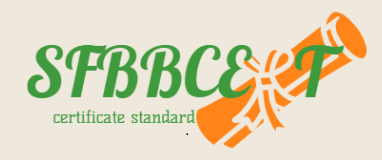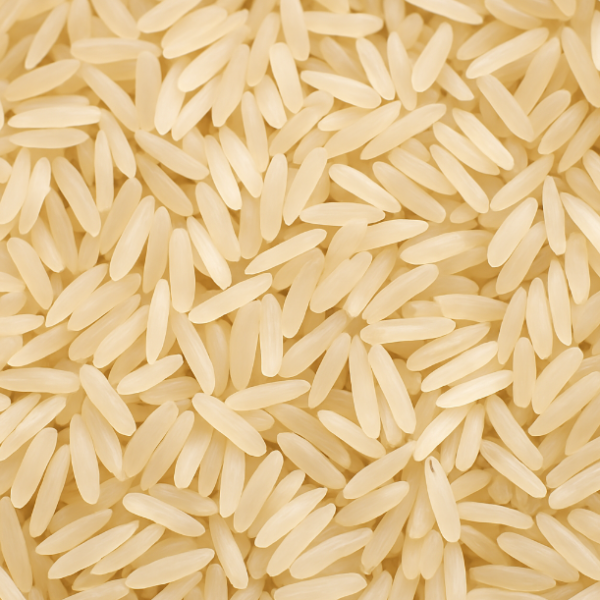Food safety is one of the key pillars of public health. The importation of rice contaminated with arsenic and other pollutants has turned into a serious crisis. This article explores the contributing factors, consequences, and proposed solutions to improve food safety in the region.
Contaminated Rice Imports and Arsenic Levels
According to published reports, a significant percentage of imported rice is contaminated with arsenic. This toxic substance can lead to serious health issues such as cancer, heart disease, and neurological problems, especially with regular consumption. Children and pregnant women are particularly vulnerable to the harmful effects of arsenic exposure.
Food Safety Standards: SFBB and SFBBCERT
SFBB (Safer Food Better Business)
SFBB is an international food safety standard designed based on HACCP (Hazard Analysis and Critical Control Points) principles. This standard helps food businesses implement effective food safety systems, ensuring that the food being produced and sold is safe for consumption.
SFBBCERT
SFBBCERT is recognized as the food safety symbol in the country. It indicates compliance with hygiene standards in the production and sale of food products. Failure to meet these standards can result in contaminated products entering the market.
Factors Contributing to the Crisis
Weak Oversight and Quality Control
One of the main factors contributing to this crisis is the weakness in oversight and quality control of imported rice. The lack of clear and stringent standards for food imports has led to the entry of contaminated products into the market.
Corruption and Lack of Transparency in Import Processes
Corruption and a lack of transparency in the rice import process also play a significant role in exacerbating the crisis. Some importers, driven by personal profits, may import low-quality and contaminated rice without adequate oversight on the quality of these products.
Consequences of the Food Safety Crisis
Public Health Threat
The consumption of contaminated rice poses a serious threat to public health. Chronic diseases, increased medical costs, and a reduced quality of life are among the major consequences of this crisis.
Loss of Public Trust
An increase in food contamination cases leads to a decline in public trust in food safety and quality control systems. This can have widespread social and economic implications.
Proposed Solutions for Improvement
Strengthening Oversight and Quality Control
It is essential for the relevant authorities to strengthen oversight and quality control over imported rice. Using certified laboratories, establishing strict standards, and imposing legal penalties on non-compliant importers are necessary actions in this area.
Increasing Transparency in Import Processes
Making the rice import process more transparent and creating monitoring systems can reduce corruption and improve the quality of imported products. Timely and accurate information dissemination to the public also plays a vital role in enhancing public trust.
Supporting Domestic Production
Supporting the domestic production of high-quality rice can reduce reliance on imports. This support can include providing financial facilities, training for farmers, and improving agricultural infrastructure.
Conclusion
The food safety crisis regarding the importation of arsenic-contaminated rice is a serious public health threat. Strengthening oversight, increasing transparency, and supporting domestic production are critical steps toward improving food safety in the region.





No comment